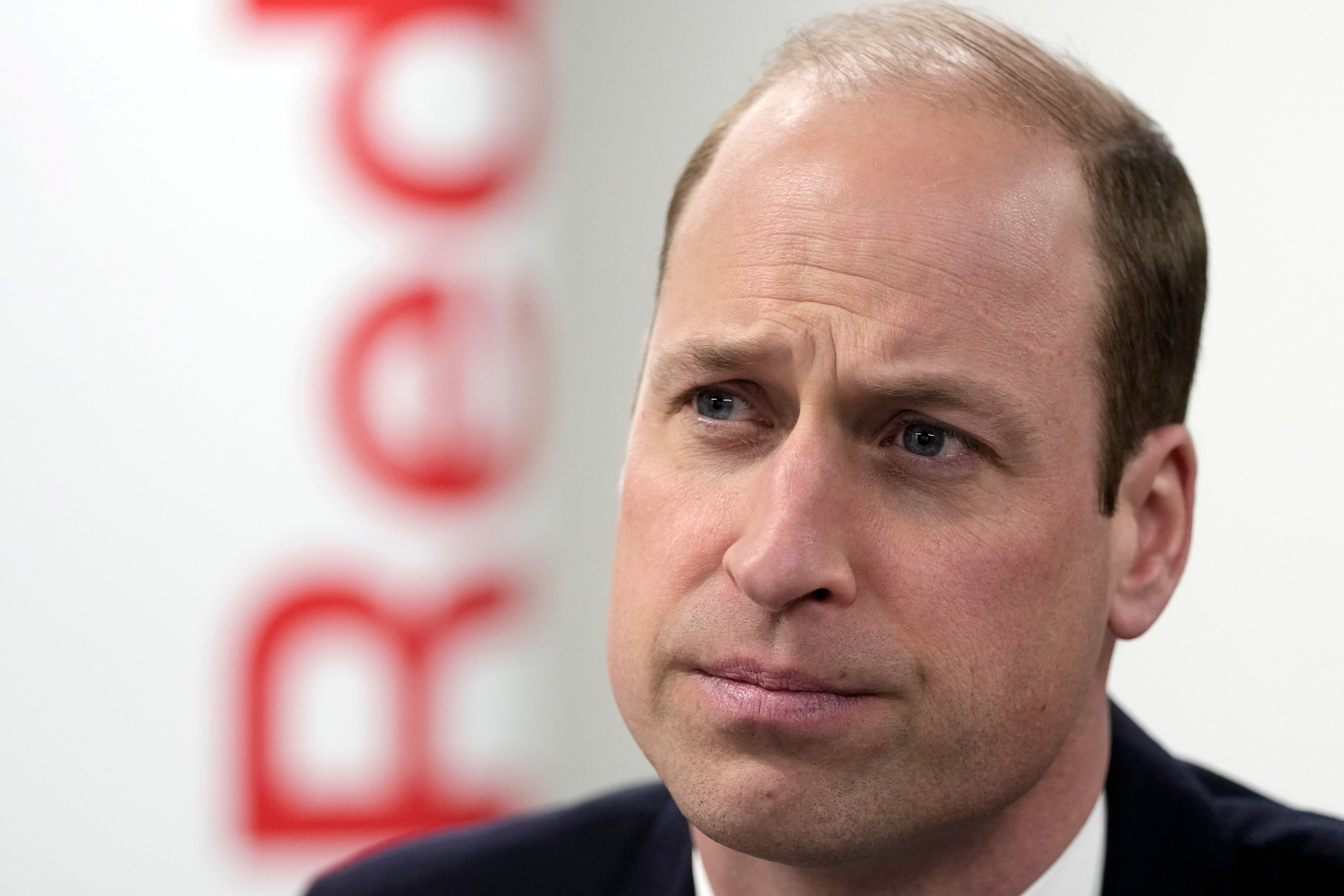Prince William spoke from the heart on Gaza. But he should not have spoken at all
The heir to the throne has little to gain and much to lose from his careful, compassionate and conciliatory words on the killing in Gaza, writes Sean O’Grady


Prince William’s statement on the “conflict in the Middle East”, as he calls it, is as carefully crafted, compassionate and consensual as it is humanly possible to be. Yet he was wrong to issue it.
In his position, he has little to gain and much to lose from such remarks, because the risk of politicisation of the monarchy, and destabilisation, is far too great. Whatever a figure such as William says about Gaza is bound to leave someone aggrieved or offended – and so, I fear, it is already proving to be the case.
Not that there’s anything ostensibly, objectively “wrong” about the hopes he expresses – quite the opposite. None of the usual trigger words are in there – no mention of ceasefires, lasting, temporary, sustainable, humanitarian or otherwise. Nothing about UN resolutions. No mention of the siege, and only one reference to terrorism.
Rather, the Prince of Wales wishes “to see an end to fighting as soon as possible”. Don’t we all? Even Benjamin Netanyahu and the elusive leaders of Hamas might, at a pinch, concur with that (under their own conditions, naturally).
Indeed, the Israeli government has issued a guarded welcome for his cautious but heartfelt words. “Too many have been killed” is an elegant way of avoiding allotting responsibility and, in the context of an intervention by a member of the British royal family, there’s nothing wrong with that.
We are also assured, as if it were needed, that the statement was fully approved by the foreign office and No 10, and is thus thoroughly constitutional. Like the King, the heir to the throne can only act on the advice of ministers, and, as far as possible, within conventions and political consensus.
Any reasonable person will find nothing to get upset about in the statement. But of course, these days, the world – and especially the haunted universe of social media – is full of unreasonable people looking to get upset; reverse iterations of St Francis of Assisi. Where there is love, they want to sow hate; where there is pardon, inflict injury; and where they find harmony, they are keen to make discord.
Nigel Farage, who I admit doesn’t matter as much as he thinks he does, has already attacked William, and told him, in his typical bullying fashion, to “stick to the Baftas”, confirming that a constitutional monarchy is merely another institution that the hard right would rather dispense with in the name of “the will of the people”.
Wrong as Farage is, and unelected, he still reflects a strand of opinion in the country that has to be accounted for, if not appeased. A quick glance at social media confirms that the Faragiste keyboard warriors are already telling William to keep out of politics, especially when there is an imminent debate in parliament. They will not care that the chief rabbi reacted warmly to William’s “deep concern for the wellbeing of all those affected by the conflict in the Middle East”, saying that “his words of compassion today, which I welcome, are yet further evidence of this”.
Britain does still punch above its weight across the Middle East, if only for historical reasons, as a former colonial power that is at least partly responsible for the troubles of today. Its politicians have a duty to work for peace in the region and, on this occasion, they’ve the backing of the Prince of Wales. Unlike the King, the heir to the throne can be a little more outspoken (as Charles used to be) and can court a bit more controversy – that is part of the informal job description for a role with not much definition attached to it.
As with Charles before him, and even occasionally Elizabeth II herself, the prestige of the institution carries them through minor squalls, and it will no doubt do so on this occasion, because William seems so transparently motivated by a simple humanitarian impulse, and one that many share, as he says. But on balance, he and the institution he is part of would probably have been better off if he’d stayed out of it.
William talks of “[continuing] to cling to the hope that a brighter future can be found” and says he “refuse[s] to give up on that” – but he should surely not be too vocal about that particular hope.



Join our commenting forum
Join thought-provoking conversations, follow other Independent readers and see their replies
Comments